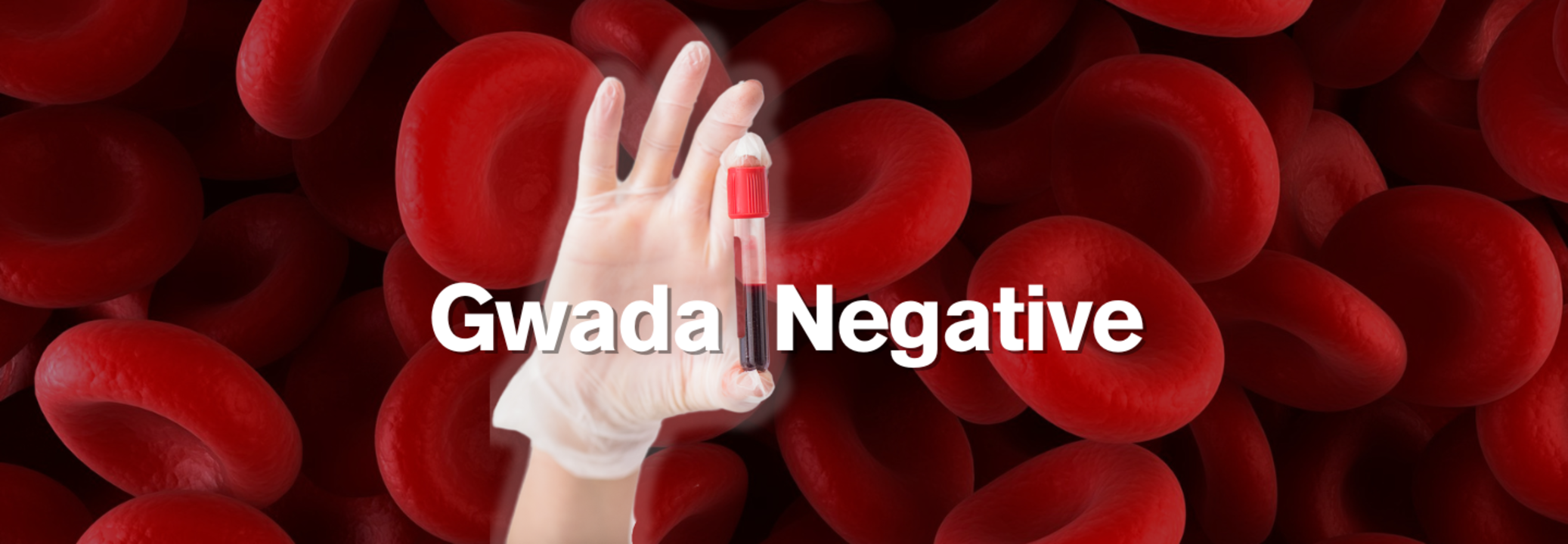‘Gwada Negative’: The New Blood Type Discovered In A Woman From Guadeloupe

SummaryA woman from Guadeloupe was found to have “Gwada Negative,” a newly discovered and ultra-rare blood type, marking the world’s 48th blood group system with major transfusion implications.
End of Article
